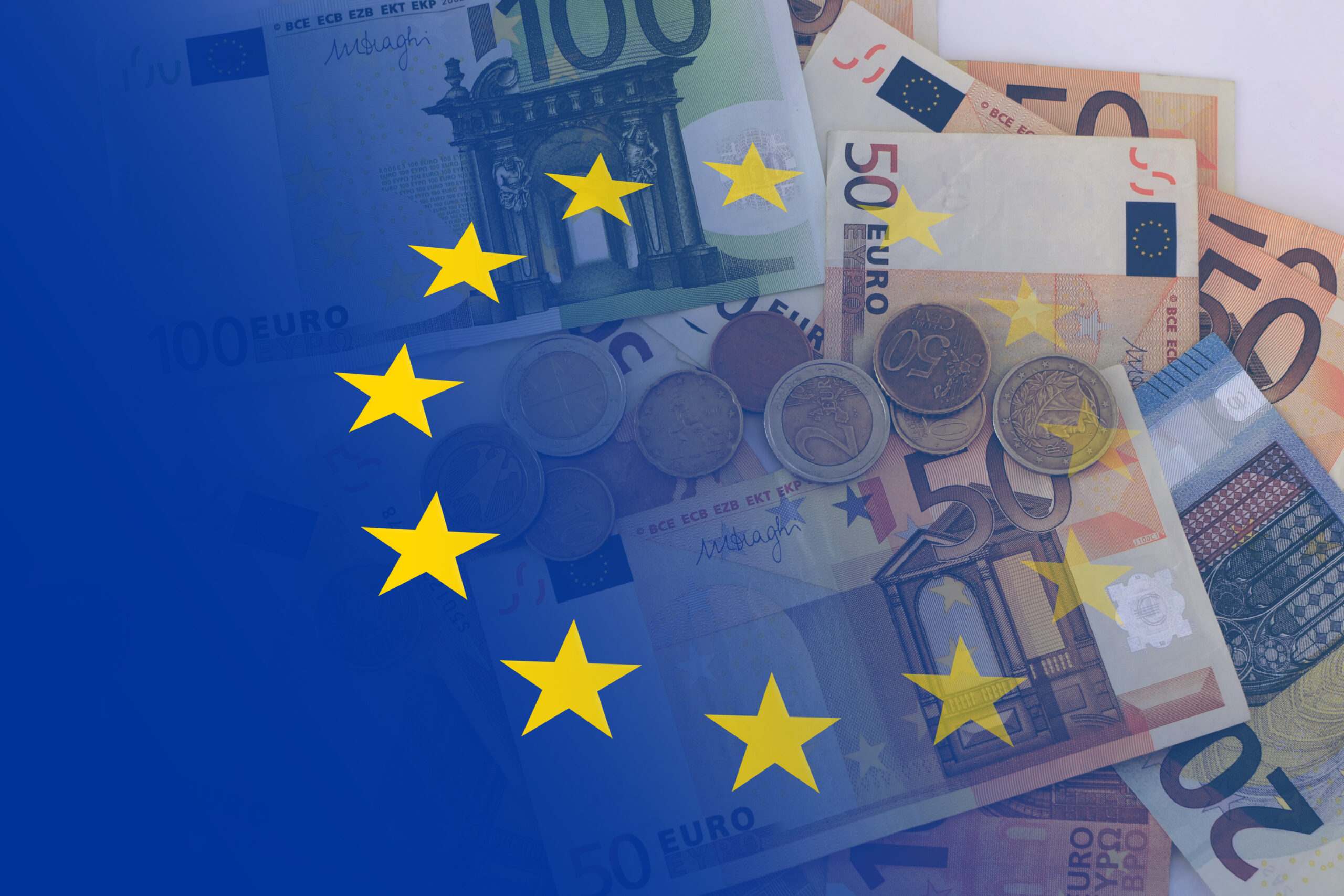A windfall tax involves imposing a higher tax rate on the profits that result from an unexpected and substantial gain experienced by a specific company or industry. An overview of windfall taxes or bank-specific levies for all of Europe is provided below:
ITALY: Italy is the most recent nation in Europe to surprise banks with a windfall tax on their earnings, which have been boosted by interest rate increases to assist homeowners. Italy approved on Aug. 8 a one-off 40% tax on profit banks reaped from higher interest rates and it plans to use the proceeds to help mortgage holders. It expects to collect no less than
3 billion euros ($3.3 billion) from the tax.
CZECH REPUBLIC: The Czech parliament approved a 60% windfall tax on energy firms and banks aiming to raise $3.4 billion this year from profits deemed excessive to fund help for people and firms hit by soaring electricity and gas prices.
FRANCE: President Emmanuel Macron said that companies with more than 5,000 people should share more of their “exceptionally high” profits with employees instead of buying back shares. France also has a popular regulated savings scheme, which accounts for just under 20% of bank deposits, with an inflation-linked return that adjusts more quickly than loan rates.
HUNGARY: Hungary’s government has tweaked windfall taxes imposed on key sectors of the economy, saying banks can reduce their 2024 windfall tax payments by up to 50% if they increase their Hungarian government bond purchases.
LITHUANIA: Lithuania’s parliament approved a windfall tax on the banking industry’s net interest income for 2023 and 2024 following a sharp rise in European Central Bank interest rates. The 60% levy on the part of net interest income that exceeds the average of the previous four years by 50% is estimated to raise 410 million euros ($451 million) for the government’s budget.
SPAIN: Spain intends to raise 3 billion euros by 2024 from the windfall tax on banks it approved last year which imposes a 4.8% charge on their net interest income and net commissions, above a threshold of 800 million euros.
SWEDEN: The Swedish Government started a “Risk Tax” for institutions with liabilities linked to Swedish operations of more than 150 billion Swedish crowns to strengthen public finances and create space to cover the costs that a financial crisis could cause. The tax was equal to 0.05% of liabilities in 2022 and it increased to 0.06% in 2023.
UK: Britain has not introduced a bank windfall tax, but since 2011 it has charged a bank levy introduced in response to the financial crisis, which applies to the global balance sheet assets of UK banks as well as assets belonging to the British operations of foreign banks.


1 Comment
x20zz
purchase amoxicillin pills – amoxicillin brand generic combivent